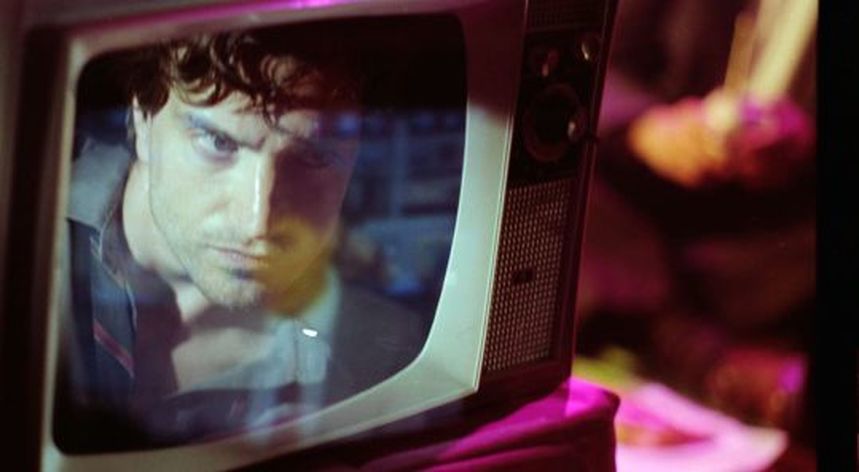|
Constructed in post-production by his wife, Valeria Sarmiento , fter his untimely death, Raoul Ruliz's final film, The Wandering Soap Opera finds the chilean master's singular formalism used to create a blistering critique of Chilean society. The tonal and stylistic aspects of the soap opera, one's rooted in absurdity, vapid drama, and high stakes, are used to present Chilean reality itself, with Ruiz packaging and presenting this story in a way that suggests the current state of Chile, the reality in which its people inhabit in its current state isn't a true reality but a manufactured one by the state and its beneficiaries. Various soap operas on television are presented as the very fabric of life, with each soap opera almost a vignette about an aspect of Chilean society which Ruiz wants to observe, and often critique. Life is presented through this Soap Opera aesthetic and tone in a way that makes Chile displayed but also examined, with the exaggerated reality of such soap operas revealing the disdain Ruiz has with the current state of his country, one that has perceivable sold its soul and its spirit for material riches. The Wandering Soap Opera is satirical in its ability to be sharply funny and strikingly full of despair congruently, with Ruiz's final film offering another piercing study of life in his home country, one full of artistic craft, singular designs, and philosophical commentary worth entertaining.
0 Comments
Leave a Reply. |
AuthorLove of all things cinema brought me here. Archives
June 2023
|

 RSS Feed
RSS Feed
